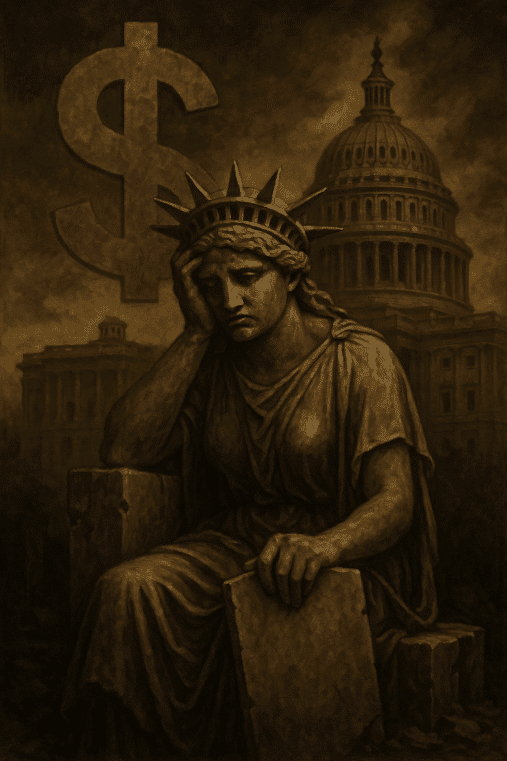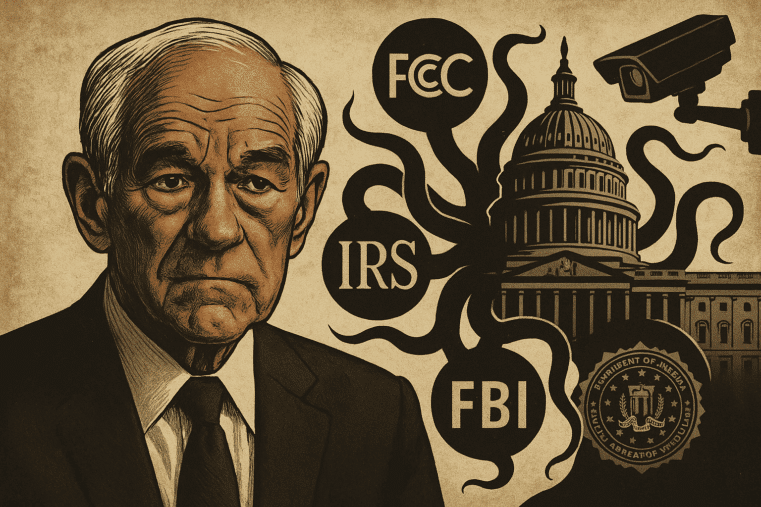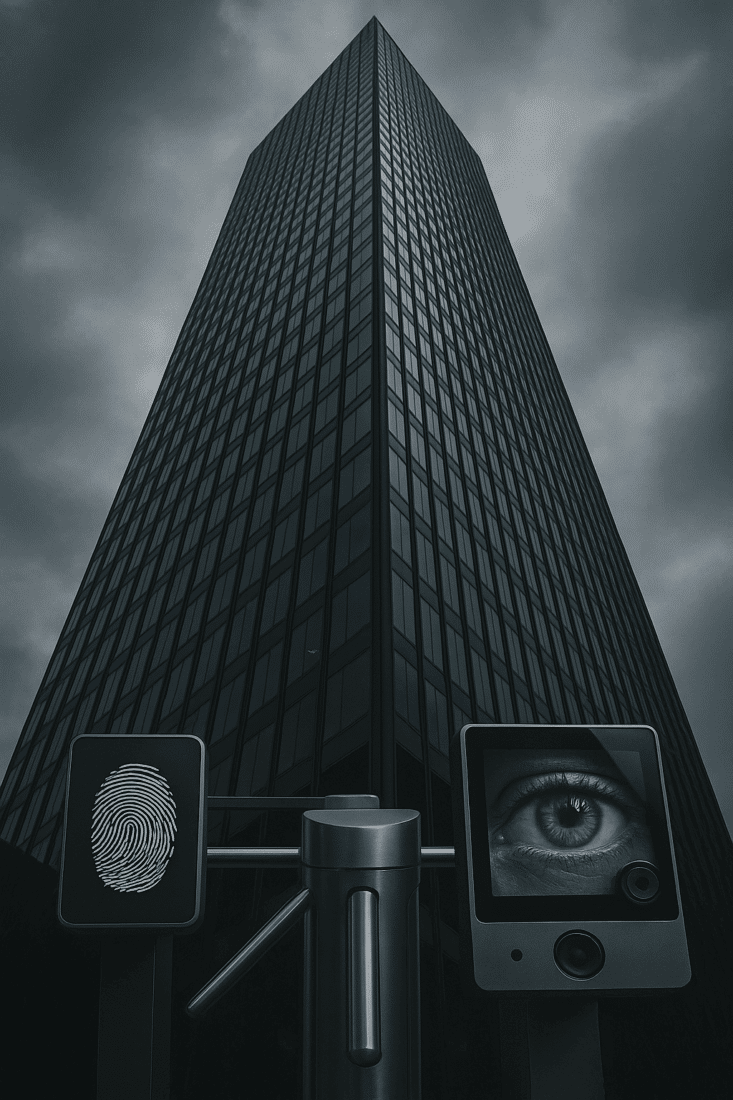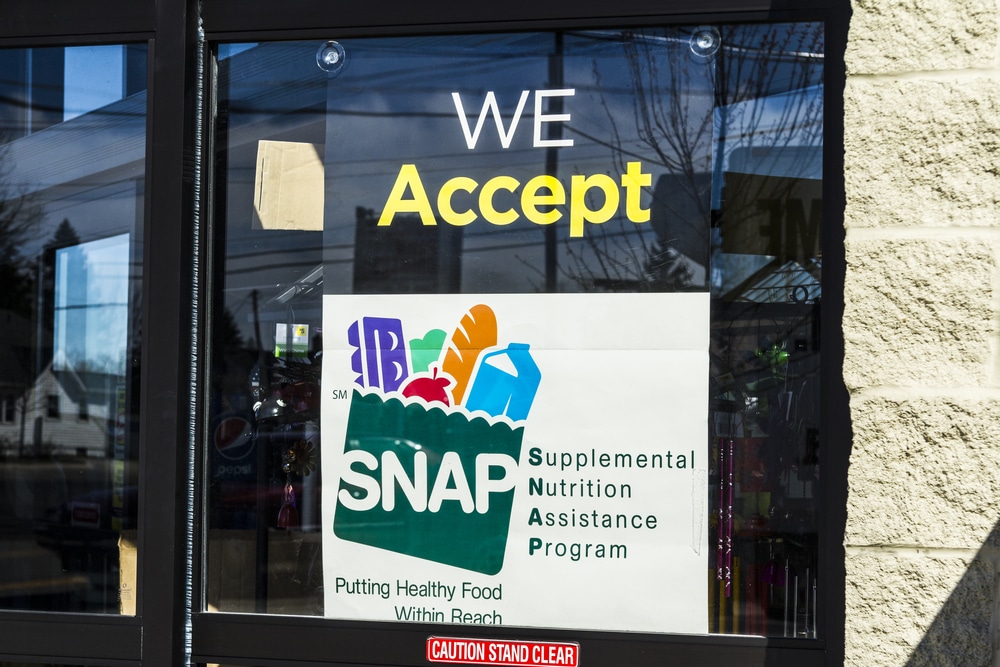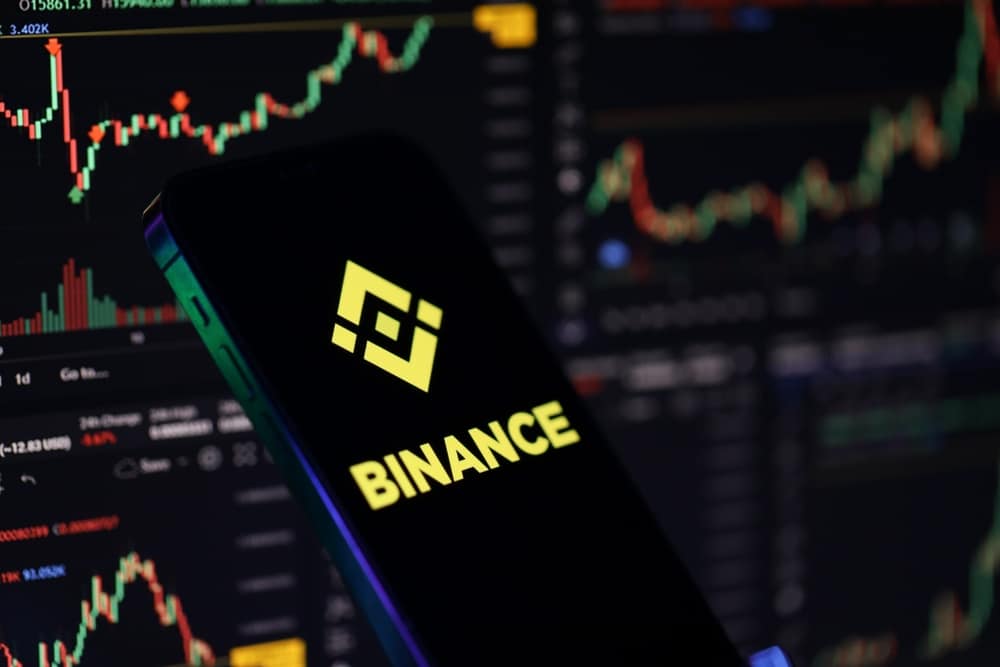
Three Mexican Banks Nailed for Cartel Cash—The Shadow War on Fentanyl Just Went Financial
Treasury Targets Three Dirty Banks
In a move that smacks more of political theater than true justice, the U.S. Treasury has sanctioned three Mexican financial institutions—CIBanco, Intercam Banco, and Vector Casa de Bolsa—for laundering millions in cartel money. These aren't back-alley credit unions either. We're talking about heavy hitters with billions in assets, now accused of being key players in washing fentanyl-tainted funds.
The Treasury claims these banks processed millions in payments to Chinese companies supplying precursor chemicals—those same chemicals used to cook up fentanyl in Mexico’s hidden labs before it hits American streets in a chemical onslaught. Between 2021 and 2024, CIBanco alone moved over $2 million in tainted transactions. Intercam pushed another $1.5 million. Vector contributed a cool million between 2018 and 2023.
And guess who they were allegedly working with? The Jalisco New Generation Cartel, the Sinaloa Cartel, and the Gulf Cartel—some of the bloodiest syndicates on the planet. These banks weren’t just looking the other way; they were allegedly the financial arteries feeding the cartel heart.
Sheinbaum’s Denials: Sounding More Like Damage Control
President Sheinbaum didn’t waste time playing clean-up. She flatly denied any wrongdoing, claiming there’s “no evidence” of money laundering and brushing off the whole debacle as nothing more than administrative mistakes. Then she took it a step further—accusing the U.S. of not handing over “conclusive proof.” You’ve got to ask yourself: is that a defense or a distraction?
Meanwhile, the Mexican Ministry of Finance chimed in, admitting there were transactions to Chinese companies—but insisted these were routine, part of $139 billion in legal annual trade. Sure, because that’s the go-to cover story for shady transfers: “It’s just business.” When more than 300 companies are involved in similar dealings, maybe it’s time to stop calling it coincidence and start calling it a pattern.
Banks Claim Innocence—The Usual PR Song and Dance
CIBanco, Intercam, and Vector have all issued boilerplate statements denying any involvement in laundering or cartel business. They’re waving around terms like “transparency,” “legality,” and “institutional integrity” like talismans. But when you’re moving millions between drug syndicates and chemical suppliers, words start to lose their meaning.
Let’s be honest—compliance departments exist more for plausible deniability than prevention. When the profit margins are this sweet, oversight turns into a performance art. And if you think this is just a “Mexico problem,” think again.
The Profit Motive: The Real Cartel
These three banks didn’t get involved because they were forced—they saw opportunity. That’s the ugly truth. When the financial system is designed to reward volume over virtue, money launderers aren’t outliers—they’re clients.
The same logic that drives Wall Street bonuses fuels this kind of behavior worldwide. If the checks clear and no one snitches, it's business as usual. And every time the feds make an example out of a few scapegoats, the real machinery of financial corruption keeps humming along, unnoticed and untouched.
What we’re seeing is just the exposed nerve of a larger disease: a global financial system willing to look the other way for the right price. So don’t be shocked when your neighborhood bank ends up on some future list. This isn't about Mexico. It's about the moral collapse of modern banking.
China’s Role: The Long Game of National Collapse
Meanwhile, across the Pacific, China continues to pump precursor chemicals into Mexico’s cartel system. According to the feds, it’s not just about profit—it’s about destabilization. Think asymmetric warfare. Take out the future teachers, cops, and engineers of America with a flood of poison, and you cripple the nation from the inside.
Tens of thousands dead each year from synthetic opioids. It’s not a bug—it’s the strategy. And while the politicians slap tariffs and make press statements, the chemicals keep coming. The cartels keep cooking. And the banks—those noble defenders of finance—keep cashing in.
The Bottom Line: Trust No Institution
Let this be your wake-up call. Banks aren’t moral entities—they’re machines built to turn a profit. And when those profits depend on laundering cartel cash or routing payments to chemical suppliers, they won’t hesitate. This isn't about a few corrupt institutions. It’s the blueprint for how modern finance operates.
You think your money’s safe? Think again.
Protect Yourself Before the Collapse Hits Home
The rot runs deeper than most realize. Before you find your assets frozen, your bank implicated, or your savings gone in the next collapse, download Seven Steps to Protect Yourself from Bank Failure by Bill Brocius.
This isn’t paranoia—it’s preparation.
Stay alert. Stay free. Stay dangerous.
—Derek Wolfe


